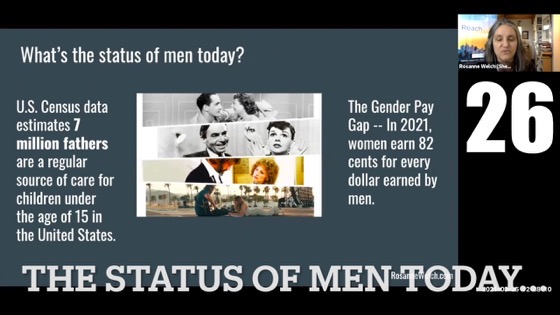In researching and writing my book on Giuseppe and Anita Garibaldi and the unification of Italy (A Man Of Action Saving Liberty: A Novel Based On The Life Of Giuseppe Garibaldi) I re-discovered the first American female war correspondent – Margaret Fuller — who I had first met in a college course on the Transcendentalists. I was once again fascinated by a life lived purposefully.
Then I found Tammy Rose’s podcast on the Transcendentalists – Concord Days – and was delighted when she asked me to guest for a discussion of Fuller’s work in Italy as both a journalist – and a nurse. — Rosanne
Watch this entire presentation
Concord Days sends love to Margaret Fuller on the anniversary of her death in 1850.
The conversation focuses on Margaret’s exciting days in ITALY!
Dr. Rosanne Welch takes us through her adventures and enthusiastically reminds us what she was like when she was living her best life!
Transcript:
Rosanne: I have a friend who just wrote a biography of — I mean there’s a million of them but a new one is part of a group that I’m editing — and she discovered in letters which have only recently been let out — it’s always about what’s recently been let out. Like you were saying, the most recent stuff that the reason that FDR learned about the dangers of the Manhattan Project is because — his people weren’t letting the scientists talk to him but one of them was in a social club that Eleanor was in. So he got her to invite him to the White House. He told her what they were worried about and she told FDR — that she was the leeway for that.
Tammy: Exactly like the contact point…
Rosanne: ..and when she understood how important it was she knew he had to know. So it was all about her and just nobody thinks that. No one gives her that much credit. I mean we give her a lot of credit but there’s so many things we’re learning that women have done so much extra that got left behind.
Podcast: Play in new window | Download
Subscribe: RSS
![31 Eleanor Roosevelt from Concord Days: Margaret Fuller in Italy [Video]](https://rosannewelch.com/wp-content/uploads/2022/03/rmw-concord-day-2021-fuller-rome-31.jpg)


![13 Even More On D. C. Fontana From Women in Early TV for the American Women Writers National Museum [Video]](https://rosannewelch.com/wp-content/uploads/2022/02/rmw-visible-stars-early-tv-13.jpg)

![04 My Writing from The Difficulties and Delicacies of Writing the First Female Doctor in 50+ years [Video] [Doctor Who]](https://rosannewelch.com/wp-content/uploads/2022/02/rmw-whocon-2021-chibnall-04.jpg)
![38 Why Teaching? from Worry and Wonder | The Courier Thirteen Podcast [Video]](https://rosannewelch.com/wp-content/uploads/2022/02/rmw-courier-13-38.jpg)
![30 Fuller, Native Americans, and Sociology from Concord Days: Margaret Fuller in Italy [Video]](https://rosannewelch.com/wp-content/uploads/2022/02/rmw-concord-day-2021-fuller-rome-30.jpg)

![12 More On D. C. Fontana From Women in Early TV for the American Women Writers National Museum [Video]](https://rosannewelch.com/wp-content/uploads/2022/02/rmw-visible-stars-early-tv-12.jpg)
![03 Russell T Davies from The Difficulties and Delicacies of Writing the First Female Doctor in 50+ years [Video] [Doctor Who]](https://rosannewelch.com/wp-content/uploads/2022/02/rmw-whocon-2021-chibnall-03.jpg)
![37 Finding Your Writing Process...from Worry and Wonder | The Courier Thirteen Podcast [Video]](https://rosannewelch.com/wp-content/uploads/2022/02/rmw-courier-13-37.jpg)